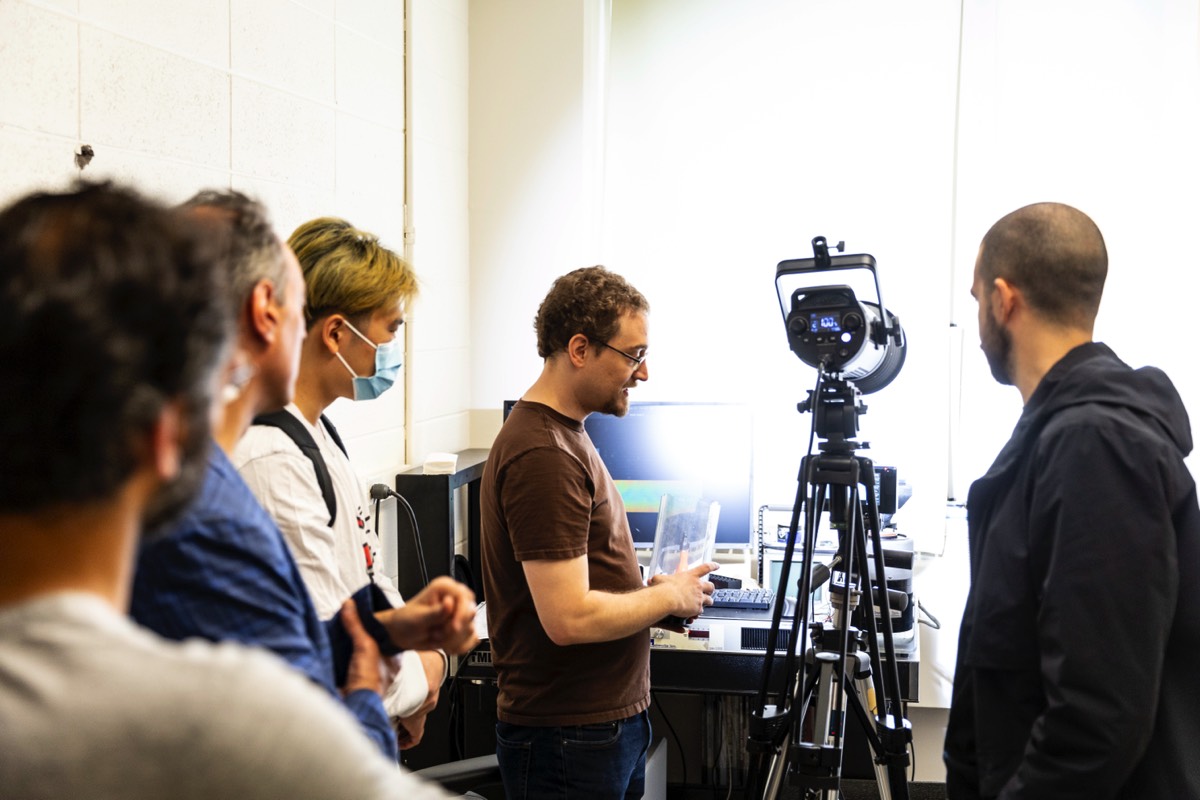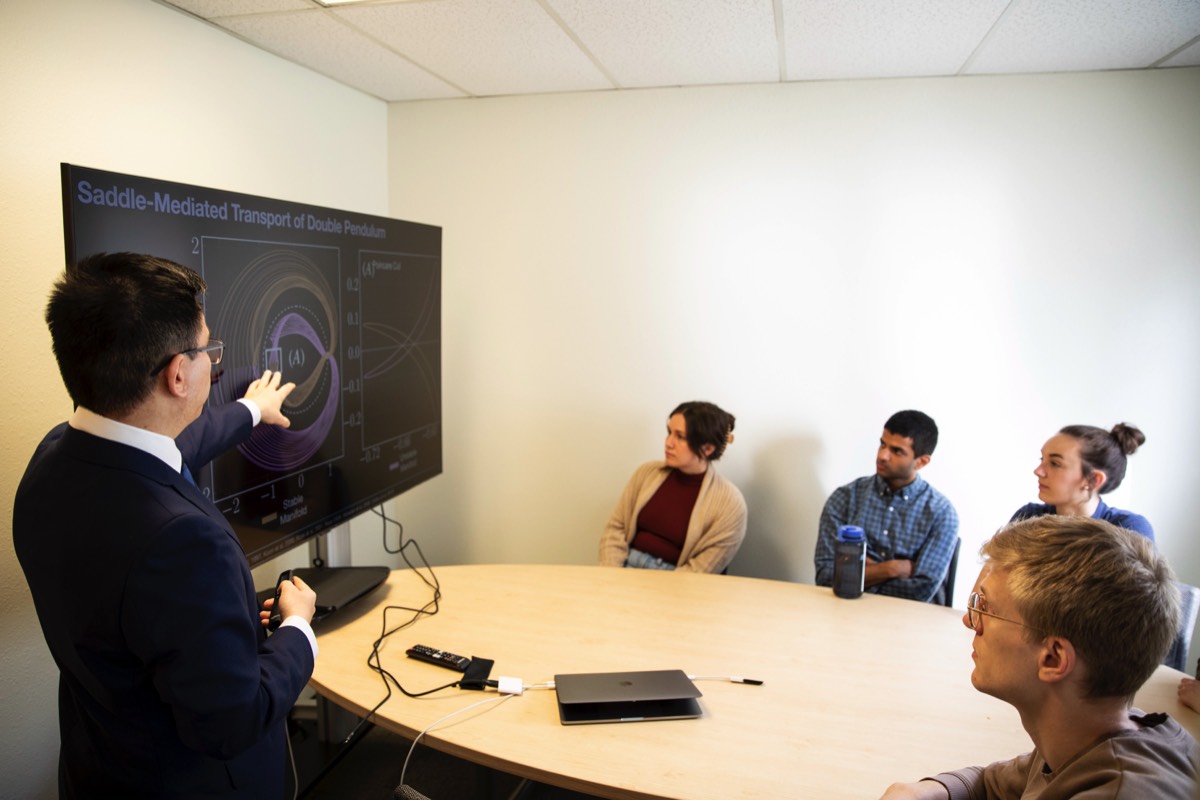

Broadening Participation | Diversity, Equity, and Inclusion (DEI) Committee
Building a thriving community through mentorship, inclusion, and ethics.
Our institute believes that having members with different backgrounds, identities, and academic experiences enriches our community. We strive to create a culture that is open and creative, and that promotes a sense of belonging. We also prioritize ethical use of artificial intelligence and responsible handling of data as part of our commitment to diversity, equity, and inclusion.
Our institute believes that having members with different backgrounds, identities, and academic experiences enriches our community. We strive to create a culture that is open and creative, and that promotes a sense of belonging. We also prioritize ethical use of artificial intelligence and responsible handling of data as part of our commitment to diversity, equity, and inclusion.
Committee Goals & Milestones
1st year
- Build DEI committee framework
- Incorporate feedback from institutional review
- Define mission and goals
- Capture nationwide demographic data in fields related to artificial learning for dynamic systems
- Survey institute members to collect demographic information to learn more about our community
2nd year
- Create institute-wide code of conduct policy and reporting structure; automate onboarding of institute members
- Build mentorship opportunity into annual CTF workshop (updated to all workshops)
- Perform climate survey to gauge current institute members experiences, which we can repeat in future years so that we have metric for meeting our goals.
- Evaluate and improve institute website for accessibility
3rd-5th years
- Early in this period, establish institute-wide recruitment/engagement resource for our individual higher education institutes to showcase institute opportunities
- Articulate actionable items and best practices for educators/researchers/workshop organizers of our institute, with the goal of cultivating a sense of belonging
- Continually collect demographic information and identify groups that are underrepresented with respect to national demographics
- Routinely evaluate success of stated goals through post event evaluations
Best Practices & Resources
Mentorship
We recommend this course module, "Mentoring the next generation: Using undergraduate research to broaden engagement and impact in STEM," available online! This free, self-paced course walks mentors through all stages of the research experience. It can be viewed asynchronously, making it easy to refer back to when needing a refresher.
Pierszalowski, S. & Buser, T. (2021), Mentoring the next generation: Using undergraduate research to broaden engagement and impact in STEM. Center for Advancing Research Impacts in Society: Fellows Series.
We recommend this course module, "Mentoring the next generation: Using undergraduate research to broaden engagement and impact in STEM," available online! This free, self-paced course walks mentors through all stages of the research experience. It can be viewed asynchronously, making it easy to refer back to when needing a refresher.
Pierszalowski, S. & Buser, T. (2021), Mentoring the next generation: Using undergraduate research to broaden engagement and impact in STEM. Center for Advancing Research Impacts in Society: Fellows Series.
Teaching
The University of Washington provides an extensive resource hub with guidance on a range of inclusive teaching topics, including universal design, accessible teaching strategies, supporting specific communities, and much more. It is broken out by category, making it easy to digest and find the info or tools you need.
The University of Washington provides an extensive resource hub with guidance on a range of inclusive teaching topics, including universal design, accessible teaching strategies, supporting specific communities, and much more. It is broken out by category, making it easy to digest and find the info or tools you need.
Meetings
When organizing meetings of any type (virtual, in person, hybrid), this brief yet thorough Inclusive Meeting Guide created by Harvard University offers actionable items for inclusive and effective interactions. Much of this resource can extend to workshops or conferences. Another thought provoking read is the Harvard Business Review's article, "To Build an Inclusive Culture, Start with Inclusive Meetings."
When organizing meetings of any type (virtual, in person, hybrid), this brief yet thorough Inclusive Meeting Guide created by Harvard University offers actionable items for inclusive and effective interactions. Much of this resource can extend to workshops or conferences. Another thought provoking read is the Harvard Business Review's article, "To Build an Inclusive Culture, Start with Inclusive Meetings."
Code of Conduct
Committee Members

Co-chairs, Lauren Lederer & Frances Zhu